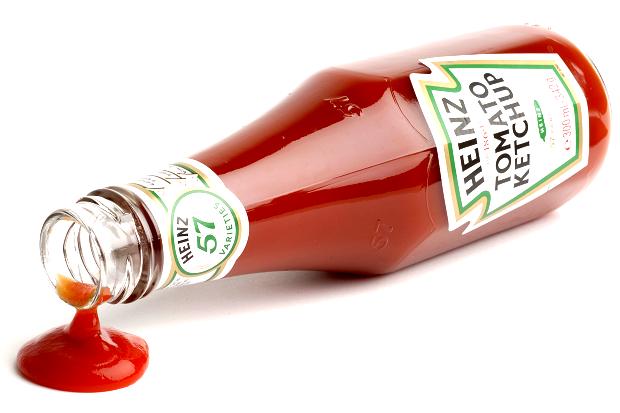11. Ketchup
Though most ketchup bottles recommend refrigeration after opening, ketchup’s natural acidity and preservatives allow it to remain safe at room temperature without spoiling. The vinegar and tomatoes in ketchup create an environment that inhibits bacterial growth, meaning it can stay fresh on the counter for extended periods.
This is why restaurants often leave ketchup bottles on tables without refrigeration. For home use, storing ketchup in a cool, dry place is usually sufficient, especially if it will be consumed within a few weeks. However, refrigeration can help maintain the best flavor and consistency for longer periods, so it’s an option if you prefer it chilled or if you won’t use it up quickly.
If you’re in a warm or humid climate, or if your household uses ketchup infrequently, refrigerating can ensure that it stays at peak freshness. Otherwise, storing it in a pantry or cupboard is perfectly safe and convenient for regular use.












0 Comments